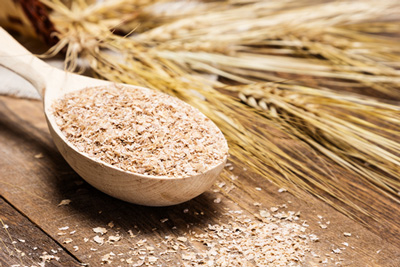Whole grains may reduce risk of premature death, study finds
Posted: 13 June 2016 | Victoria White, Digital Content Producer | No comments yet
A study shows that people who ate 70 grams/day of whole grains, compared with those who ate little whole grains, had a 22% lower risk of total mortality…


Eating more whole grains may reduce the risk of premature death, according to a new study.


Researchers at the Harvard T.H. Chan School of Public Health found that people who ate the most whole grains (70 grams/day, about 4 servings), compared with those who ate little or no whole grains, had a lower risk of dying during the study period.
Their findings support current dietary guidelines that recommend 48 grams of whole grains a day.
The meta-analysis combined results from 12 published studies, in addition to unpublished results from the National Health and Nutrition Examination Survey (NHANES) III and NHANES 1999-2004. The studies were conducted in the United States, the United Kingdom, or in Scandinavian countries between 1970 and 2010. Health information from 786,076 participants was included in the analysis.
Lower risk of total mortality
The results showed that people who ate 70 grams/day of whole grains, compared with those who ate little or no whole grains, had a 22% lower risk of total mortality, a 23% lower risk of CVD mortality, and a 20% lower risk of cancer mortality.
Mortality rate is a measure of the number of deaths in a particular population for a specific period of time.
The researchers note that multiple bioactive compounds in whole grains could contribute to their health benefits, and that high fibre content may lower cholesterol production and glucose response and increase satiety.
The researchers recommend that people choose foods that are high in whole grain ingredients – such as bran, oatmeal, and quinoa – that have at least 16 grams per serving, while reducing consumption of unhealthy refined carbohydrates.
One limitation of the meta-analysis was that some of the studies used were carried out before a more consistent definition of whole grains became available; therefore, lists of whole grain foods varied substantially among individual studies. In addition, as most of the studies were from the US and Scandinavian countries, it is not known whether these findings can be generalised to other populations.









